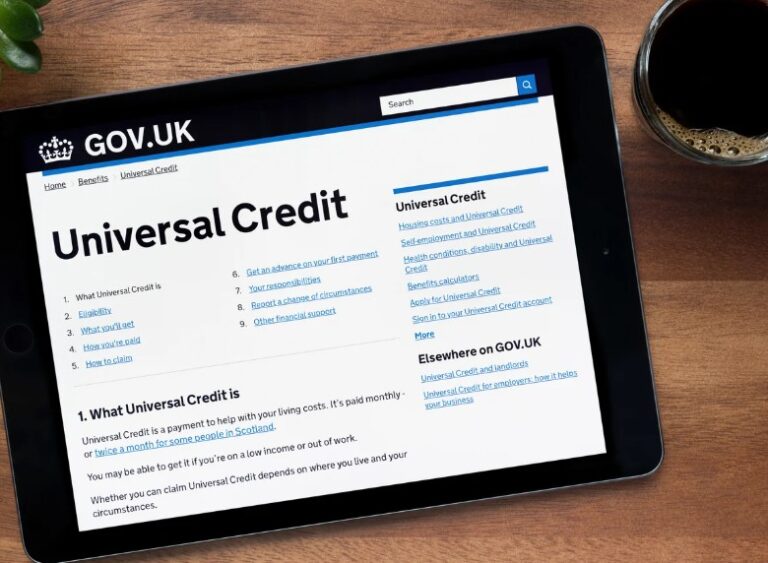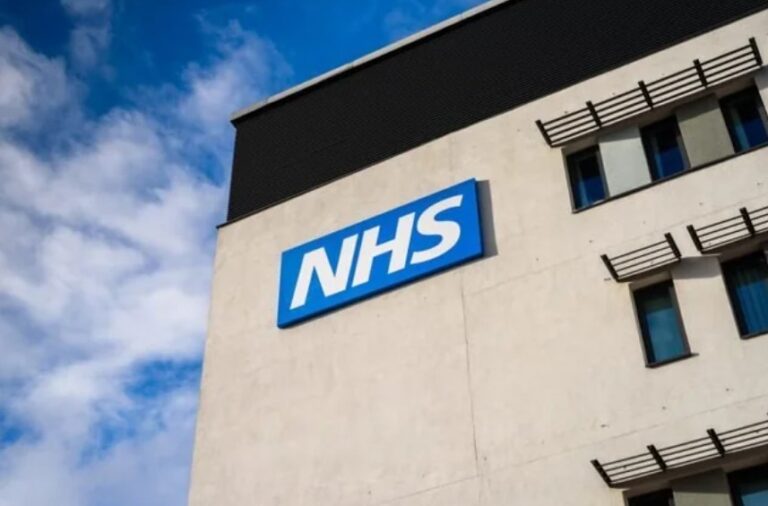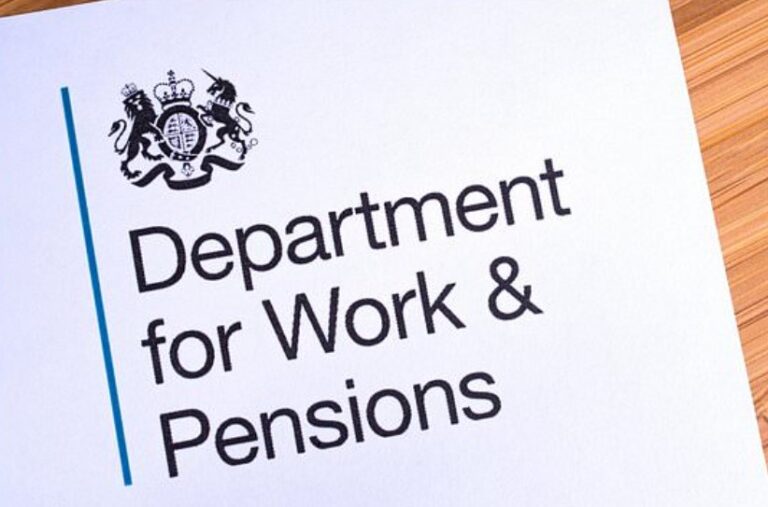How Much NHS Pension Will You Get After 20 Years of Service?
If you’ve been part of the NHS workforce for 20 years or are nearing that milestone, it’s only natural to wonder: “How much NHS pension will I get after 20 years?” It’s a valid question — and one that affects how you plan your retirement, manage your finances, or even decide whether to stay in the service or venture into other areas like private practice or self-employment.
This blog post is written specifically for UK-based NHS staff and professionals, especially those who may also be small business owners, freelancers, or thinking about building other income streams. Here, we’ll break down exactly what your NHS pension could look like after 20 years, and share some real stories to help put the numbers into perspective.
What Is the NHS Pension Scheme and How Does It Work?
Before we get into the numbers, it’s important to understand the type of pension scheme you’re part of. The NHS pension scheme is a defined benefit scheme, meaning the amount you receive in retirement is based on your salary and years of service, not how the stock market performs.
There are three main NHS pension schemes, depending on when you joined:
- 1995 Section – Final salary-based
- 2008 Section – Final salary-based but different accrual rates
- 2015 Scheme (CARE) – A career average revalued earnings scheme
Since April 2022, everyone still working in the NHS has been moved into the 2015 Scheme, unless you’ve already retired. The 2015 Scheme works on a Career Average Revalued Earnings (CARE) model. This means your pension is calculated based on the average of your earnings each year, not just your final salary before retirement.
For each year you work, you earn 1/54th of your pensionable earnings, which is then adjusted for inflation.
How much NHS Pension will I get after 20 Years?
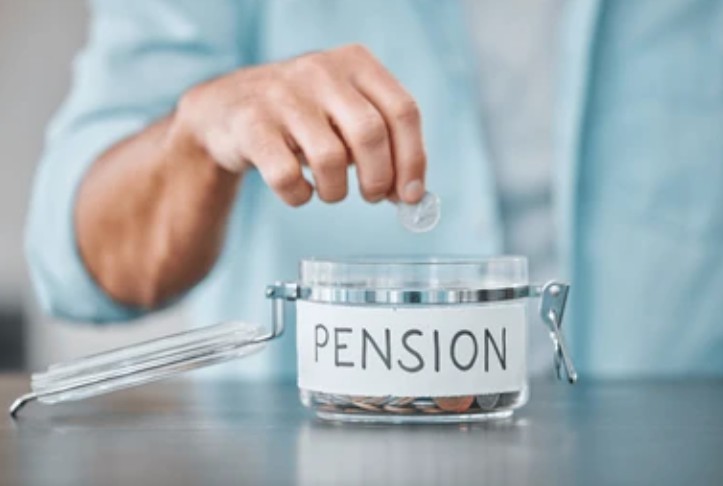
Let’s focus on the 2015 CARE scheme, as most people are now under this.
Each year you work, you get a slice of pension equal to:
1/54 of your pensionable pay
That slice is then increased every year by inflation (CPI) plus 1.5%. Over time, this means early years’ slices keep growing and compounding, just like savings.
Example Calculation:
Assume your pensionable salary stays at £36,000 for 20 years (a simplified assumption).
-
Yearly pension earned = £36,000 ÷ 54 = £666.67
-
Over 20 years: £666.67 x 20 = £13,333/year (excluding inflation revaluation)
In practice:
-
Salaries typically rise
-
Each year’s slice is revalued with inflation + 1.5%
-
So the real figure after 20 years could be £15,000–£18,000+ annually
This amount is guaranteed and will rise with inflation during retirement, too.
How Much Will You Get If You Retire Early?
You can claim your NHS pension from age 55, but if you take it before your normal pension age (usually 65–68), it will be reduced.
How much reduction? Roughly:
-
5% per year taken early
-
So, retiring 10 years early could reduce your pension by 40–50%
Still, for many people, a smaller pension + better lifestyle is worth the trade-off, especially if combined with:
-
Private pensions
-
Business income
-
Rental income
-
Savings or ISAs
Tip: Always check your Total Reward Statement (TRS) to see your estimated figures.
What If Your Salary Changes?
In reality, your salary will likely change. Band increases, promotions, and inflation adjustments will all affect your final figure. Also, since the 2015 scheme is based on career average earnings, each year’s salary is revalued with inflation. If you started on £28,000 and ended at £42,000, your final pension could be slightly higher than the static estimate above.
Will That Be Enough to Retire Comfortably?

This is where things get personal. According to the Pensions and Lifetime Savings Association (PLSA), to retire “moderately comfortably” in the UK as a single person, you’d need around £23,300 per year. A £13,000 NHS pension after 20 years, plus the State Pension (around £11,500) once eligible, could just about meet that threshold — assuming you have no mortgage or rent payments left.
But what if you want more financial security? Or to retire before the State Pension Age?
How Do Real NHS Workers Feel After 20 Years?
Amira, 46 – Community Nurse, London
“I’ve been in the NHS since 2004, minus a couple of years for maternity leave. I’ll have about 19 years by next year. When I saw my Total Reward Statement recently, I was honestly relieved. I always thought I needed 40 years, but even with 20, the £13,000-ish pension gives me a lot of peace of mind.”
James, 54 – Physiotherapist Turned Business Owner
“I spent exactly 20 years in the NHS before opening my own physio clinic. I still get a regular pension payout of just over a grand a month, and that’s enough to cover our basic household bills. The pension gave me the confidence to pursue my business full-time without fear.”
These stories illustrate a broader truth: even if you don’t complete 40 years, 20 years of NHS service can still build a solid financial foundation.
What If You Worked Part-Time or Took Breaks?
Life doesn’t always follow a straight line. The NHS pension is flexible enough to adapt to real-world situations like:
1. Part-Time Working
You’ll earn a pension based on your actual salary, not a full-time equivalent.
For example, working 50% hours for 10 of those 20 years means:
-
Half the pension accrual for those years
-
But you still build service years
The result? You won’t get the full benefit of 20 full-time years, but you’ll still have a meaningful pension.
2. Unpaid Leave, Career Breaks, Maternity
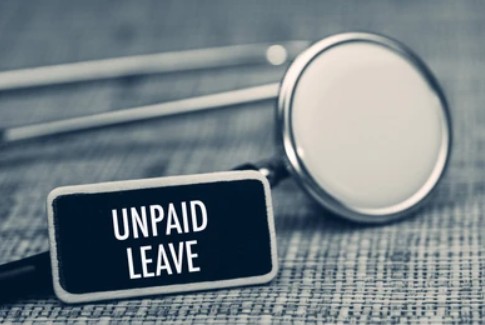
If you’re on unpaid leave, pension contributions pause — but:
-
Your prior service stays protected
-
You can often return without losing your pension rights
-
Maternity/adoption leave usually counts (if on statutory pay)
The system is designed to support staff who need time off — a big plus for carers, parents, or people retraining.
Can You Increase Your NHS Pension?
Yes, there are several ways to boost your NHS pension:
- Additional Pension Purchase: You can buy more pension through the scheme.
- Early Contributions: Making consistent contributions from early in your career pays off over time.
- Private Pensions/SIPPs: Particularly useful if you run a side business or freelance on the side.
- AVCs (Additional Voluntary Contributions): These let you top up your pension through salary sacrifice.
If you’re a small business owner or side hustler, investing in a Self-Invested Personal Pension (SIPP) or stocks and shares ISA can complement your NHS pension. This can help you retire earlier or afford a better standard of living.
What Should You Do Now If You’re 10 to 20 Years into Your NHS Career?
- Check Your Total Reward Statement (TRS): It gives a real-time forecast of your pension.
- Use the NHS Pension Calculator: Provided by the NHS Business Services Authority, it’s the best way to estimate your retirement income.
- Speak to a Financial Adviser: Especially if you’ve had breaks in service, moved between schemes, or are self-employed on the side.
- Track Inflation: The NHS pension is indexed for inflation, meaning your future income should rise with the cost of living.
Final Thoughts: Is 20 Years in the NHS Pension Scheme Enough?
Yes — 20 years in the NHS pension scheme is absolutely worthwhile. Even if you stop NHS work after two decades, the pension continues to grow with inflation and pays out for life. Combine it with your State Pension and any personal savings or business income, and you can have a financially stable retirement, potentially earlier than many people think.
For many, that pension becomes the financial safety net that allows them to take more risks, work fewer hours, or finally pursue that business idea they’ve been sitting on for years.


